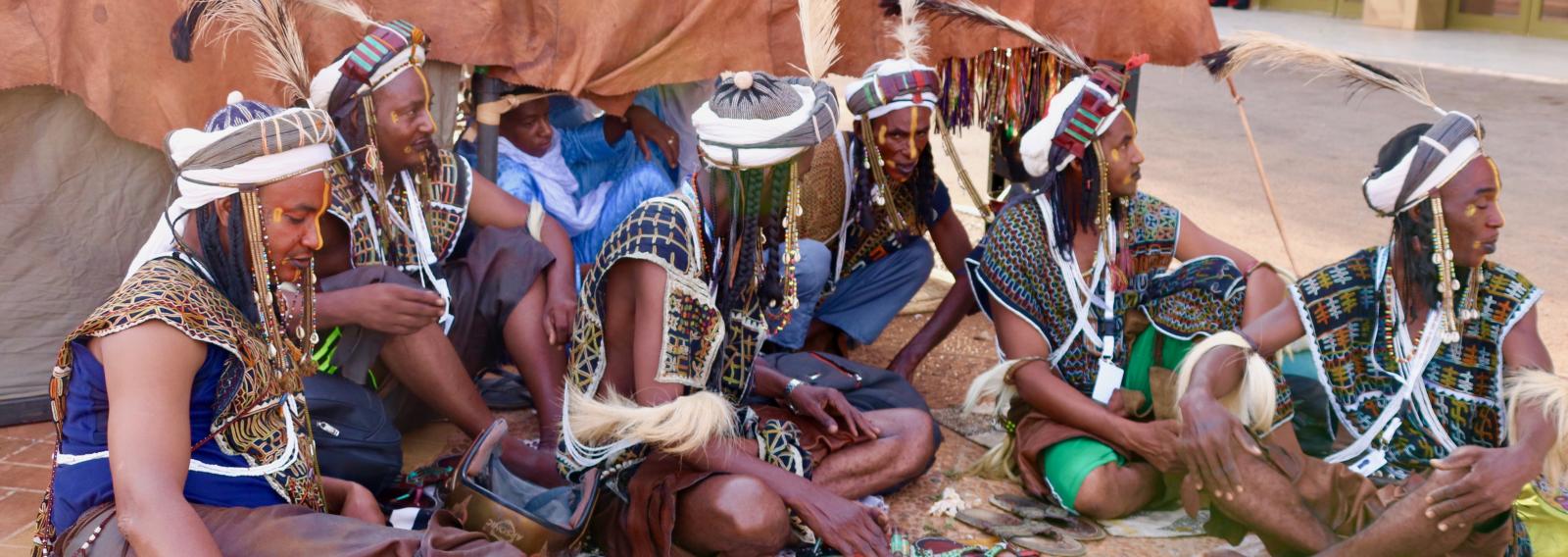SG OACPS affirms importance of paying special attention to the rights and well-being of indigenous peoples as part of COVID-19 response
 Statement from H.E. Mr. Georges Rebelo Pinto Chikoti, Secretary-General of the OACPS, on the International Day of the World’s Indigenous Peoples
Statement from H.E. Mr. Georges Rebelo Pinto Chikoti, Secretary-General of the OACPS, on the International Day of the World’s Indigenous Peoples
Brussels 9 August 2020/OACPS: The International Day of the World’s Indigenous Peoples is commemorated on 9 August. Due to the rapid spread of the coronavirus pandemic in all the regions of the globe, including the most remote areas, this year, the United Nations has proposed that the theme, “COVID-19 and indigenous peoples’ resilience”, be the focus of this commemorative day.
There are 467 million indigenous peoples across 90 countries, a majority of whom live in African, Caribbean and Pacific States, and are nearly three times more exposed to extreme poverty, climate change, and environmental damage. Today, the pandemic is worsening this precarious situation in which most of these indigenous peoples find themselves.
On this day, I wish to affirm, in my capacity as Secretary-General of the OACPS, the importance of paying special attention to the rights and well-being of indigenous peoples as an integral part of the response to COVID-19, but also in the expression of their unique and in-depth knowledge of ecosystems as it relates to the preservation of natural resources; the sustainable supply and production of food; and resilience to climate change.
In fact, while indigenous peoples’ territories encompass 28% of the world’s land surface, they host 80% of the planet’s biodiversity, a global sanctuary in which the traditional knowledge of indigenous communities is a vital resource that must be taken into account and integrated into international discussions. This applies, in particular, to the implementation of the Paris Agreement and all climate policies, as well as the submission and review of the Nationally Determined Contributions (NDCs).
I remain committed to promoting dialogue, to raising awareness on how to use this indigenous knowledge to adapt to and mitigate the effects of climate change, and to sharing knowledge in order to promote this fundamental knowledge of OACPS member countries in international discussions.
